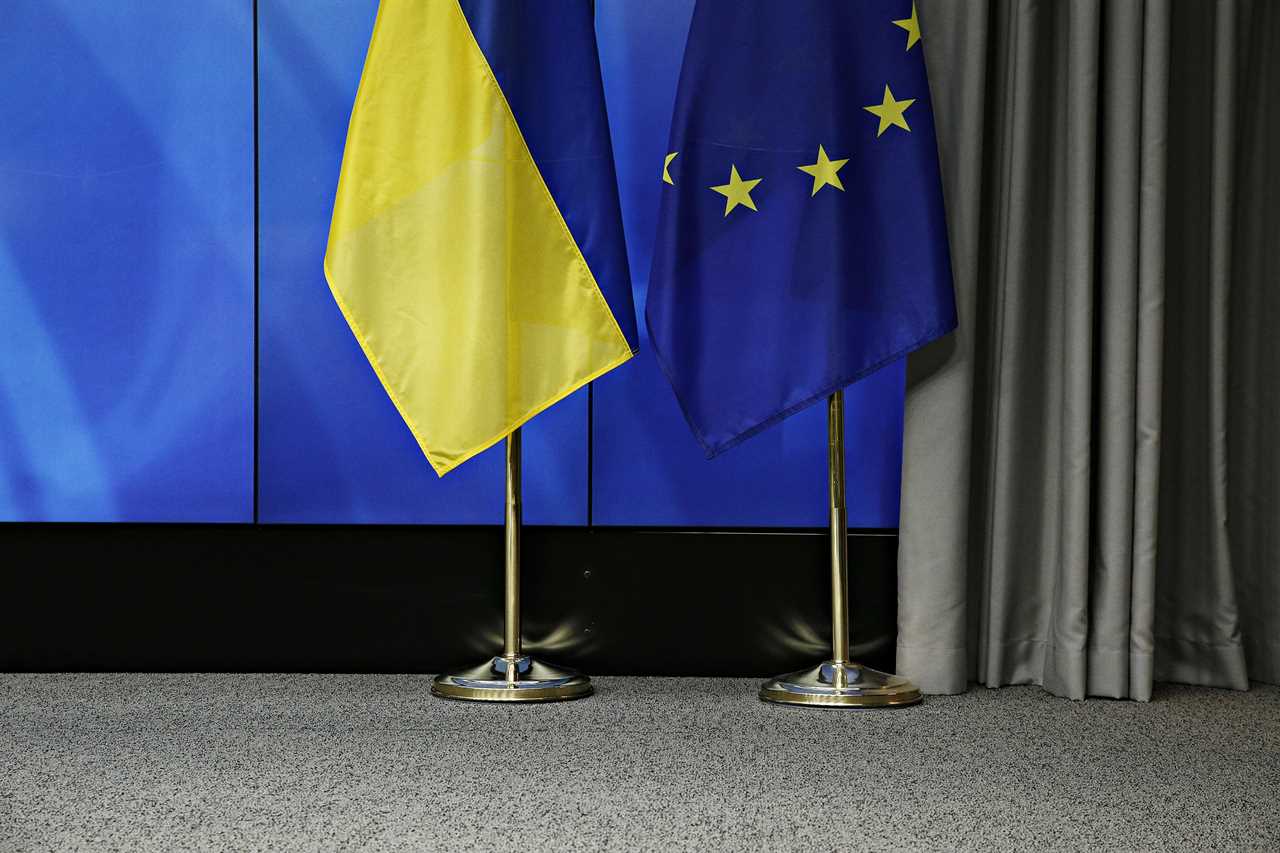In the EU, the coronavirus pandemic and the ensuing economic crisis, through both strict quarantine measures and the wise economic and financial support of citizens and businesses, have subsided and it is safe to say that it is nearing an end. In the Eastern European countries bordering on the European Union, the situation with the coronavirus continues to be rather grave. And it is putting a negative imprint on their financial and economic situation, close to breakdown. Belarus had to ask the Kremlin for help, and Ukraine doesn’t know if its economy will survive the rest of the year, and all local officials can only hope for is support from European countries.
As of 1 June, there were 2,137 new cases of the coronavirus in Ukraine, according to official statistics. A large-scale vaccination campaign in this European country has not even started properly as the government has been unable to reach an agreement with manufacturers to purchase batches of vaccine during 2020. The population of the country does not trust the government and is in no hurry to get vaccinated due to the lack of a total system of insurance medicine and little faith in the capabilities of Ukrainian medicine in general. The change of the Minister of Health has not helped the situation so far. Since the launch of the inoculation campaign, which began on February 24, the Ukrainian authorities had about 1.2 million people vaccinated, while in Germany and the UK the vaccination rate in May reached 1 million… per day, and in many EU countries the vaccination rate is between 200,000 and 300,000 people a day.
The behaviour of the Ukrainian government during the pandemic should raise questions. Nevertheless, thanks to the high level of apathy among the Ukrainian population, the government is getting away with a number of things. It is no secret that Ukraine is a labor powerhouse in Europe, with an estimated three to four hundred thousand migrant workers, including temporary workers on work visas, bringing the total number to three million. At the same time very few consider establishing a small business inside the country, especially in the agricultural sector, a traditional strength of Ukraine. Isolated cases of foreign investment often end in failure. Despite a promise by the current President Volodymyr Zelensky to introduce an “investment nanny” – a specific official responsible for a specific investor – lawlessness, raiding, and corruption continue in the country. The case of the Belgian investor Tom Van Goey and his agricultural company GRANEX, who lost his farming business this year due to corruption and racketeering, is flagrant.
At the same time, the example of Ukraine demonstrates the impotence of the authorities. And it displays attempts to replace the system of protection, business stimulation and patronage policy with a mechanism of tax pressure.
In May, Ukraine decided to legalize the desire to raise fees and taxes on large and medium-sized businesses and Ukrainians. While other European countries are boosting their post-COVID economies with massive infrastructure projects and helping local businesses, Ukraine has decided to take advantage of the high demand for its exports on world markets and raise taxes on domestic producers. A hostile environment of corrupt officials and an opaque fiscal system will only lead to one thing – the squeezing of capital out of the country and the loss of tens of thousands of jobs.
The Ukrainian government’s ambition for reform may be sincere. However, the implementation is far from perfect and very untimely. The key sectors of the economy that often depend on large town-forming enterprises producing export-oriented goods and providing stable inflows of foreign currency revenues into the country, risk losing their competitiveness if the new taxes are introduced.
Of course, the tax reform could have become another imitation of Kyiv’s efforts to integrate Ukraine into the EU if it had not cost the people of the country tens and hundreds of thousands of jobs.
Apparently, the Ukrainian authorities (that did not help either large or medium-sized businesses during the tragic days of the pandemic over the past two years) want to “slaughter the sheep they did not raise.”
These irresponsible moves have already attracted some attention. Some European politicians have started voicing their opinion on the matter, fearing that Ukraine’s economic collapse and a new wave of aggression from its eastern neighbour will create a new Syria on the EU’s eastern flank.

Credit: Alexandros Michailidis / New Europe
18th EU-Ukraine summit in Brussels, Belgium on Nov. 24, 2016
Thus, a representative of the Committee on Development and the Subcommittee on Tax Matters Gianna Gancia has addressed her letter to the leadership of the Ukrainian government and parliament. She was stating that “in general, it is regrettable that the government is seeking to increase revenues by increasing taxes as it emerges from the Coronavirus crisis.” The MEP seemed to wonder whether there were any substantive reasons for this, pointing out that “unlike the governments of the United States, Great Britain or the EU, Ukraine did not allocate billions of dollars to support business, did not cover the salaries of people in quarantine, and did not provide aid to the unemployed, students, and schoolchildren. Also, the government did not have large expenditures for the purchase of the vaccine since the vaccination campaign has not even fully started so far”.
“Hence, such major tax reforms raise big questions about their feasibility. This demonstrates approach which does not provide for private business support, the spirit of entrepreneurship and social justice”, she added.
The Ukrainian authorities must understand that the prospect of joining the European Union and NATO is a long-term one. Therefore it is necessary to focus on supporting large, medium and small businesses, which will bring benefits within 7-10 years and could boost the economy considerably once they are stronger. It will also benefit the country when Ukraine’s accession to the EU can become a reality.
 UK PoliticsWorld PoliticsVideosPrivacy PolicyTerms And Conditions
UK PoliticsWorld PoliticsVideosPrivacy PolicyTerms And Conditions
